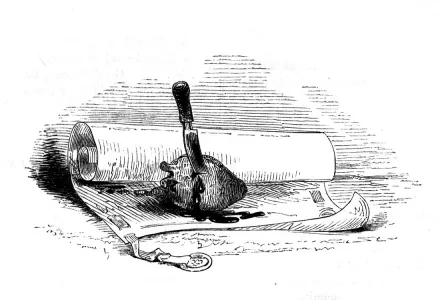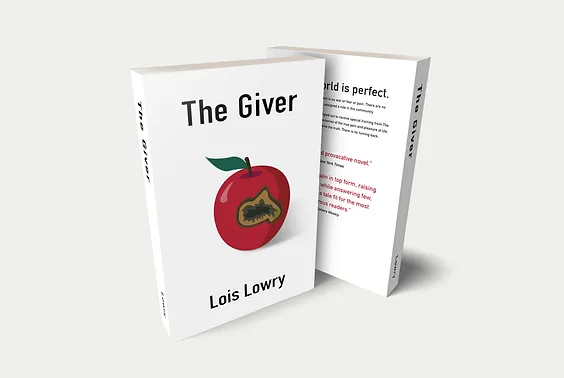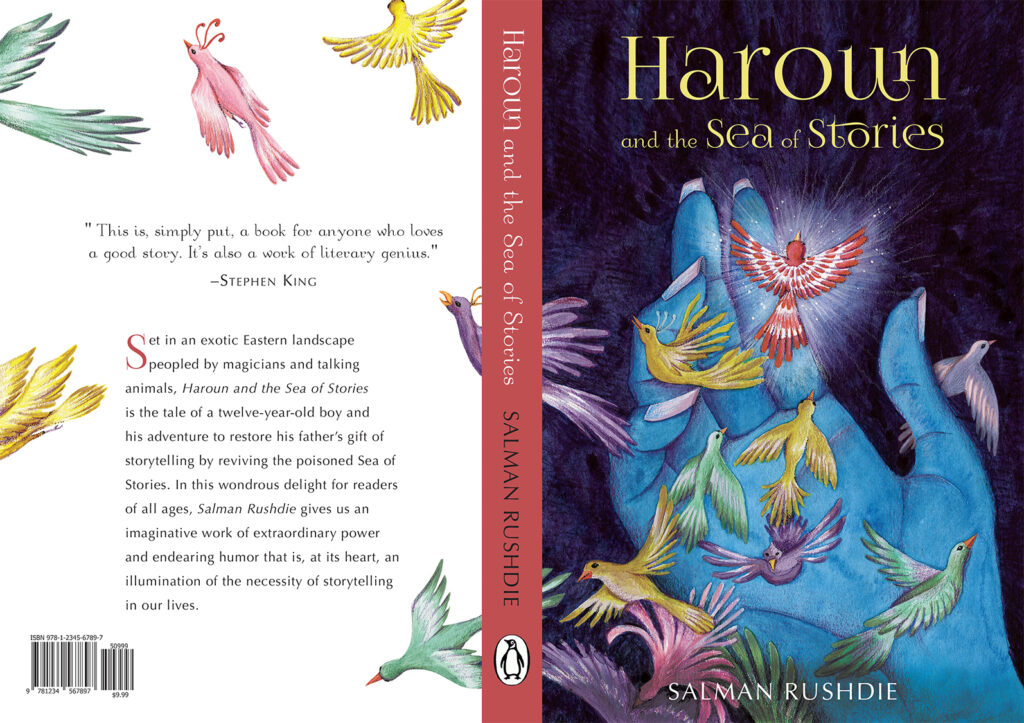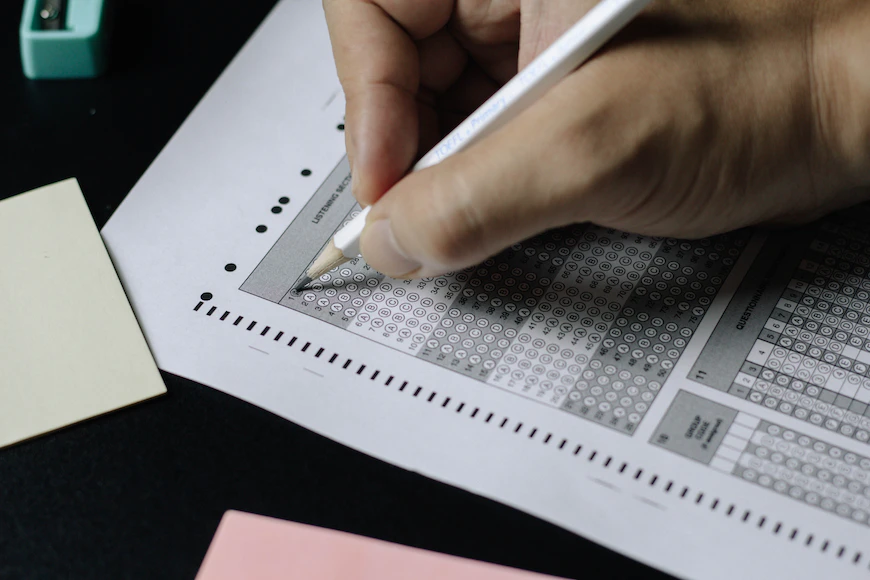"A new language is more than words, it’s a new way of seeing the world."

Learning a new language brings a wide range of benefits that go beyond just communication. It can sharpen memory, boost problem-solving skills, and improve multitasking abilities. On top of that, it opens doors to new career opportunities, builds cultural understanding, and makes travel more meaningful. For both children and adults, it also encourages creativity, increases self-assurance, and even helps slow cognitive decline with age, making it a truly rewarding lifelong skill.
With so many digital tools available today, it’s easier than ever to start. Apps like Duolingo, Babbel, and Memrise offer quick lessons that fit into busy schedules. At the same time, YouTube provides channels with longer, more detailed lessons that apps can’t always cover. These videos give learners extra depth, practical examples, and cultural insights that make the journey of learning a language even more engaging.
1. Learn French with Lexie

Meet Lexie, a friendly and engaging teacher who makes learning French feel approachable and fun. Her channel goes beyond the basics, offering challenges that keep learners motivated and pronunciation tips that help words roll off the tongue more naturally. She also breaks down conjugation guides in a way that’s easy to follow, so learners can feel more confident using verbs correctly in different contexts.
To help learners truly master speaking, Lexie includes exercises that get you talking out loud instead of just passively watching. She also offers listening challenges, along with French stories designed to sharpen comprehension skills and expose viewers to natural language use. For those aiming to feel more comfortable in real-life situations, Lexie often shares everyday conversations, giving learners a sense of how French is used in casual exchanges.
2. Learn Italian with Teacher Stefano

Teacher Stefano focuses on giving clear Italian lessons that are easy to follow. His grammar videos explain rules step by step, while his vocabulary lessons introduce useful words and phrases learners can use right away. He also shares study tips that make practice more effective, so learners can stay on track and see progress without feeling overwhelmed.
In addition to lessons, Stefano gives a closer look at Italian culture through simple and engaging videos. He also creates travel vlogs around Italy, showing everyday language in action while highlighting the country’s scenery and traditions. This balance of lessons and real-life examples makes learning Italian feel more practical and enjoyable.
3. Learn German with Anja

This channel is run by a teacher from Germany who makes learning fun and simple. Anja teaches German in a funny and easy-to-catch way, using real-life examples to keep learners interested. In her videos, she might go to a restaurant and order food in German or show her apartment while naming everyday items, making the language more practical and easier to remember.
Anja also shares useful tips and tricks, like abbreviations, to help learners keep new words and rules in mind. For extra support, she has a website at happygerman.com with more detailed lessons, practice activities, and notes that match what she teaches in her videos.
4. Listen and Learn Portuguese with Maria

Learning a new language doesn’t always require a native speaker as your teacher. Sometimes another learner can be just as effective, since they understand the same struggles and can explain things in a way that feels more relatable. That’s exactly what Marija offers. She’s a philologist from Serbia who studied European Portuguese at the University of Belgrade and has been teaching it since 2009, both in schools and online.
Marija focuses on simplifying European Portuguese so learners don’t feel overwhelmed. Her lessons cover vocabulary, pronunciation, and grammar, while also including activities and tips to make progress smoother. With her guidance, learners get a well-rounded approach that makes the language easier to understand and more enjoyable to practice.
5. Learn Japanese From Zero!

Formerly known as YesJapan.com, this platform is one of the longest-running interactive websites for learning Japanese. It has built a strong reputation by offering lessons, videos, games, and a supportive community that helps students around the world practice Japanese in a practical way. The focus is on real-life language that learners can actually use, making the process both effective and enjoyable.
In addition to the wide variety of resources, members have the chance to interact directly with teachers. They can ask questions about any lesson, which adds a personal touch and helps clear up challenges quickly. This combination of structured lessons, engaging content, and teacher support makes learning Japanese more interactive and keeps learners actively involved.
6. Spanish and Go

Spanish and Go was created by Jim and May, a couple with a passion for language and travel. Their mission is to help learners not only speak Spanish but also feel more connected to the culture, meet locals, and enjoy the beauty of Spanish-speaking countries. By blending language lessons with real travel experiences, they give viewers a chance to see how Spanish is used naturally while exploring different places.
On their channel, you’ll find a variety of topics discussed in Spanish in a way that feels spontaneous and authentic. This approach helps improve listening skills while introducing useful words and phrases that learners can practice right away. They also share insights on how to visit the same destinations featured in their videos, making it both an educational and inspiring resource for those interested in learning Spanish and exploring new places.
7. LearnArabicwithMaha

This channel shares the Arabic language along with culture, Middle Eastern cuisine, and tourism in an engaging way. The lessons are designed to make a difficult language feel more approachable and encourage learners to keep going even when it gets challenging. Maha brings warmth and passion to her teaching, which makes her videos enjoyable and easy to follow.
Her method combines solid knowledge of Arabic with a lively style that helps learners remember and use what they study. Maha often adds a quirky touch that keeps the content fresh and makes the language stick. She also shows respect for her audience by guiding both the heart and the mind, turning Arabic into something much more accessible and far less formal than a typical classroom lesson.
8. Real Russian Club

Russian lessons here are designed for beginners who want a clear and simple start with the language. The videos are created by Daria, a professor and certified Russian language teacher who brings experience and structure to her teaching. She usually uploads two to three times a week, giving learners regular opportunities to practice and stay motivated.
The content covers a variety of formats, including “From Zero to Fluency” lessons, Slow and Fast Russian practice, grammar explanations, and vlogs that highlight everyday use of the language. Daria also offers courses and extra resources at realrussianclub.com. This gives learners the chance to continue building their skills with even more guidance outside of YouTube.
9. Yoyo Chinese

Learning Chinese doesn’t have to feel impossible, and that’s exactly the idea behind Yoyo Chinese. Yangyang and the Yoyo Chinese team provide structured and comprehensive online courses that guide learners step by step through the language. With clear explanations and a well-organized approach, they make the process less overwhelming and more manageable for beginners and continuing learners alike.
Their program includes more than 1,000 video lessons that cover real-life situations and feature native Chinese dialogue. What makes it especially helpful is that lessons are taught from an English speaker’s point of view, which makes concepts easier to grasp and apply. This practical mix of structure, real examples, and accessible teaching gives learners the tools to build their skills in a steady and effective way.
10. Go Billy Korean

Go Billy Korean is run by an American who has been studying the language since 2005. Over the years, he has lived in Korea, earned a B.A. in Korean, and continues to take trips there, giving him both academic knowledge and real-life experience. His fluency and background make his lessons practical and relatable for learners at different stages.
He also keeps his content fresh with new videos every week. The lessons cover a wide range of topics, from grammar and vocabulary to cultural insights, giving learners plenty of variety while keeping them engaged. With his consistent uploads and long-term dedication to the language, viewers get both quality teaching and regular opportunities to practice.
11. Icelandic For Foreigners

Icelandic for Foreigners was created to help non-native speakers learn the language in a clear and accessible way. Most of the videos are recorded in English, which makes it easier for learners to follow along without feeling lost. The lessons are structured to give step-by-step guidance, breaking down a language that many consider challenging into manageable parts.
The videos cover grammar, pronunciation, and vocabulary, all explained with an English-speaker’s perspective in mind. This approach helps learners understand not just the rules but also how to apply them in everyday situations. By focusing on clarity and practical use, the channel makes Icelandic feel less intimidating and more approachable for anyone eager to learn.
12. Learn Hindi with HindiPod101.com

Learning Hindi is made simple and enjoyable right from the very beginning. With audio and video lessons, learners can start speaking within minutes while also building skills in reading, writing, and listening. The step-by-step format keeps things clear and manageable, helping learners move forward without feeling overwhelmed.
Each lesson is engaging and interactive, with opportunities to practice alongside a global community of learners. By the end of the first lesson, students are already speaking Hindi, which creates excitement and motivates them to keep going.














































































